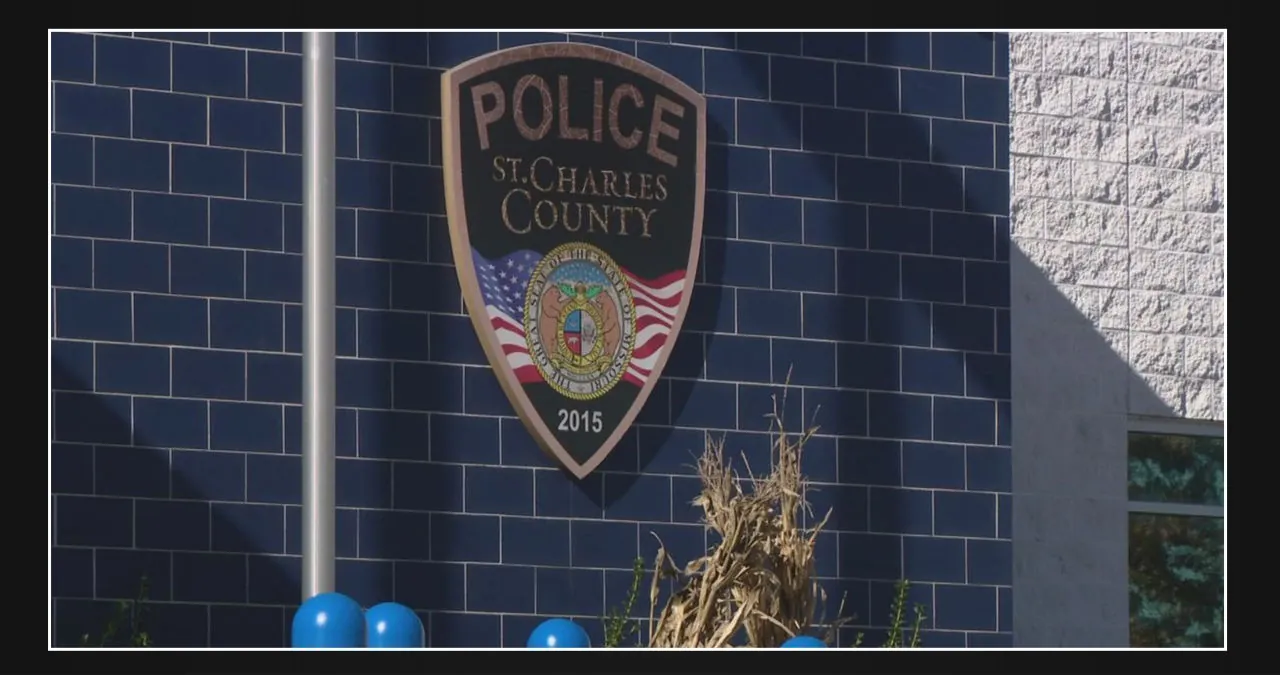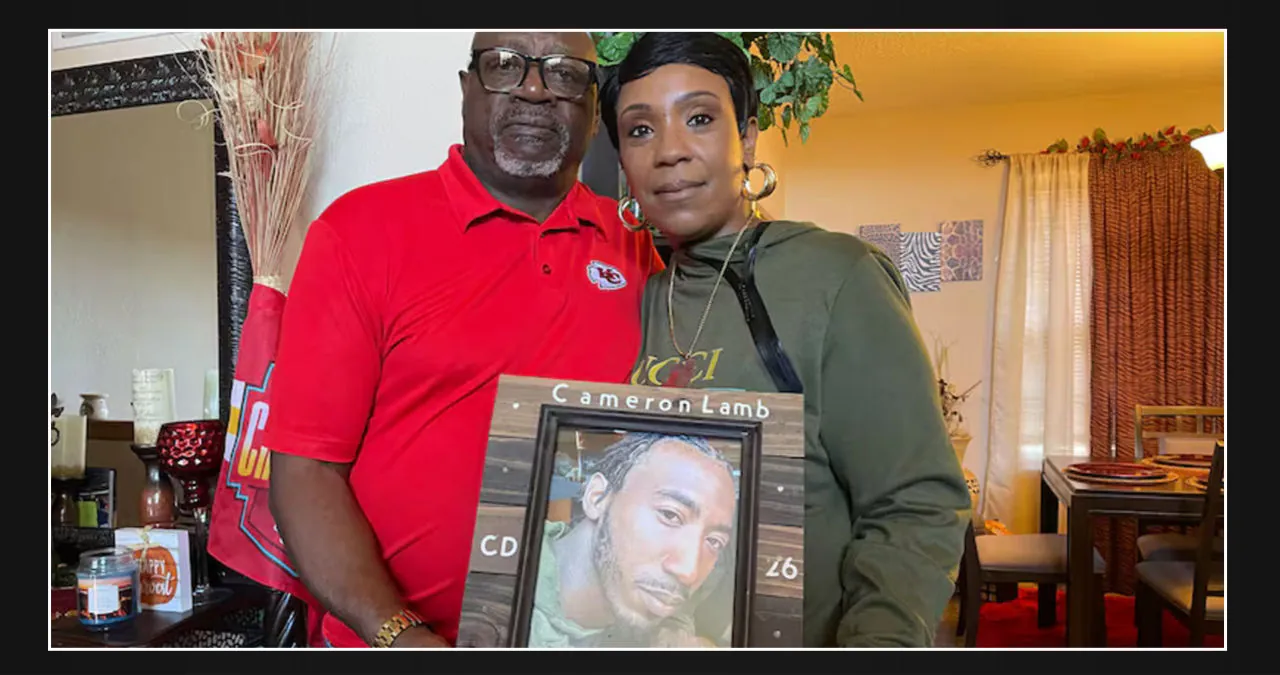Authorities are still piecing together the details surrounding a Missouri family’s unexpected journey to Texas, which prompted an Amber Alert on Monday. The case has raised questions about the complexities involved in interpreting threats and triggered discussions on Amber Alert protocols and language barriers.
The Missouri State Highway Patrol (MSHP) issued an Amber Alert early Monday for a 22-year-old mother and her two young daughters, ages 6 and 7, from O’Fallon, Missouri. The alert followed reports that they left their residence with two unidentified men the night before. However, within eight hours, the family was located unharmed in Corpus Christi, Texas, where they were with the children’s father.
St. Charles County Police stated that they are still investigating whether the situation was a legitimate kidnapping or a misinterpretation stemming from language barriers. The family, originally from Honduras, reportedly communicated through third-party text messages, which, according to law enforcement, seemed “cryptic” or “forced.” Without direct contact with the mother, police based their response on text messages that appeared to suggest distress.
Lindenwood University Professor Darren Marhanka, an expert in criminal justice, noted that language differences can create unique challenges in these cases. “It sounds like information was relayed by a third party to law enforcement, and they responded using best practices based on that,” Marhanka explained, adding that these protocols are in place to protect children from potential harm.
The MSHP stated that they adhered strictly to Amber Alert protocols, which require a reasonable belief that an abduction has occurred and that there’s a credible threat of serious harm. Lt. Eric Brown of the MSHP’s Public Information Division affirmed that the alert was issued based on the information provided, confirming that all criteria were met.
“Whenever we receive an alert request, we verify that the investigating agency believes there’s an imminent risk to the children involved. Once confirmed, we push out the alert to reach as many people as possible,” Brown said. The alert process involves coordination with multiple agencies, including Troop F headquarters in Jefferson City, to ensure it is swiftly disseminated through mobile, broadcast, and other media outlets.
The professor highlighted that including the mother’s information in the alert was crucial, as her presence was directly tied to safely locating the children.
Critics have questioned whether the Amber Alert was necessary, given the lack of confirmed details. However, both Marhanka and MSHP officials believe the alert’s issuance was the right call under the circumstances.
“The goal is always to prevent tragedy, so they’re going to err on the side of caution, especially with potential child endangerment,” Marhanka said. He noted that while the alert process is complex, safeguarding vulnerable individuals remains a top priority for law enforcement.
Following the family’s discovery in Texas, the FBI Houston Corpus Christi office temporarily took over the investigation. With the family now safe, the case has been returned to St. Charles County authorities, who continue to explore the details behind the family’s unexpected trip and evaluate the third-party information that prompted the alert.
Authorities have yet to provide updates as they seek clarity on how the family ended up in Texas, highlighting the ongoing challenges law enforcement faces in handling cases where language and cultural differences impact initial responses.
The case underscores the importance of accuracy in high-stakes alerts and the impact that cultural and language factors can have on law enforcement operations. While questions remain, officials maintain that prioritizing safety—even when information is unclear—was the most responsible course of action.
As the investigation continues, St. Charles County Police and the MSHP hope to gain more insights, ensuring future alerts are just as effective in protecting the public, especially when cross-border cooperation is required.






